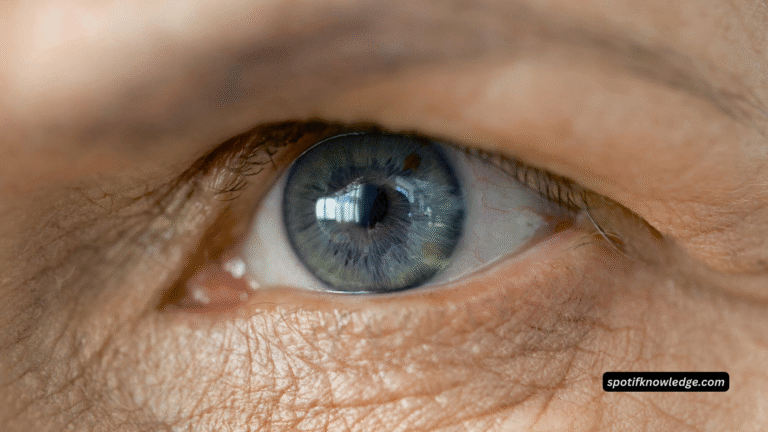As people age, their vision naturally changes. Small print can become harder to read, and close-up tasks may feel more tiring. Some elders may squint or hold books farther away to see clearly.
Ignoring these signs can make reading uncomfortable and affect daily life. Understanding when elders need reading glasses helps maintain independence and comfort.
Early recognition can prevent eye strain and headaches. Explore the common signs that indicate it is time to consider reading glasses.
Trouble Focusing on Close Objects
One of the first signs is difficulty focusing on nearby items. Reading a book or a menu may feel blurry even under good light. Elders often move objects farther away to see them clearly.
This is a normal part of aging but signals the need for reading glasses. Eye strain and fatigue can increase without correction. Watching for these changes can make daily tasks easier.
Rubbing Eyes Frequently
Elders may rub their eyes often when reading or doing close work. This usually happens because the eyes feel tired or strained. Frequent rubbing can also signal that the eyes are working harder than they should.
Over time, this can lead to discomfort or irritation. Reading glasses can reduce the need to rub and make tasks easier. Watching for this behavior helps identify when vision support is necessary.
Holding Books Farther Away
Many elders instinctively hold reading materials at arm’s length. This action compensates for blurry near vision. Over time, this can cause neck and shoulder discomfort.
It may also slow reading speed and reduce the enjoyment of books. Recognizing this habit is an early indicator of vision changes. Senior vision changes can often be corrected with simple lenses.
Frequent Headaches
Straining to see up close often leads to headaches. These can occur after reading or doing close work. Headaches may be mild at first but can become more frequent.
They signal that the eyes are overworking to focus. Reading glasses can relieve this discomfort quickly. Paying attention to this symptom helps prevent ongoing pain.
Squinting While Reading
Squinting narrows the eyes to improve focus. It is a common sign elders need visual support. Squinting may temporarily improve clarity but increases eye fatigue.
Over time, it can cause tension around the eyes. Noticing this habit helps identify the need for lenses. Consistent squinting should prompt an eye checkup.
Blurred Vision in Low Light
Low-light conditions make close vision harder for older adults. Reading in dim rooms may seem impossible. This often leads to eye strain and frustration.
Adjusting light helps temporarily but does not fix the underlying issue. Reading glasses can restore clear vision in various lighting. Monitoring vision in different conditions is essential for comfort.
Avoiding Small Print
Elders may start avoiding reading small print altogether. Menus, medication instructions, or labels can become intimidating. This avoidance can reduce independence and confidence.
It may also cause reliance on others for simple tasks. Using reading glasses encourages engagement in daily activities. Addressing this early improves quality of life.
Know When It’s Time for Reading Glasses
Blurry pages, headaches, and squinting are clear signs that elders need reading glasses. Recognizing these changes early helps maintain independence and comfort in daily tasks.
Simple corrective lenses can prevent eye strain and make reading enjoyable again. Paying attention to vision changes supports overall well-being. Family members can help by observing habits and encouraging eye checkups.
Reading glasses are a practical solution to age-related vision challenges. Comfortable vision allows elders to stay engaged in the activities they enjoy.
Should you wish to read more, visit our blog. We’ve got more topics!

